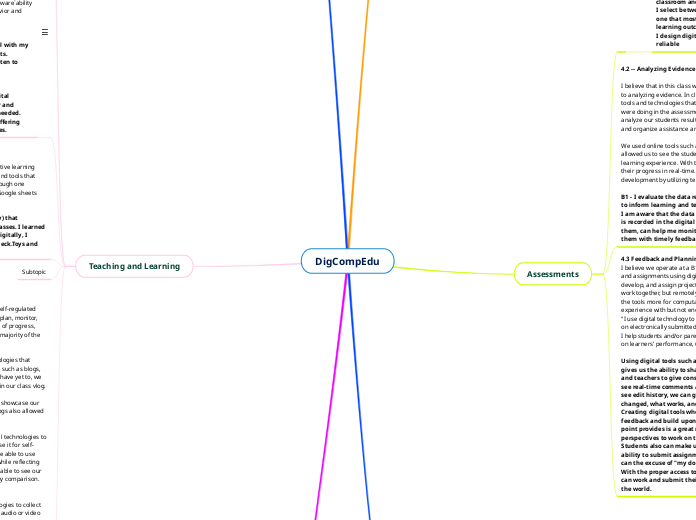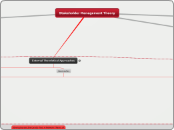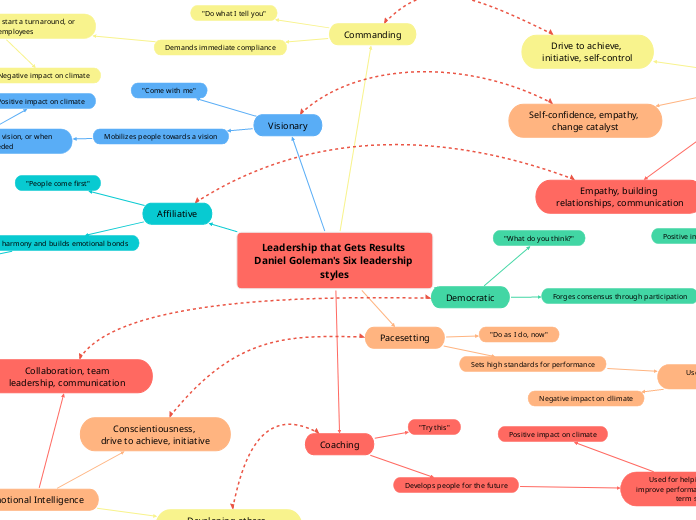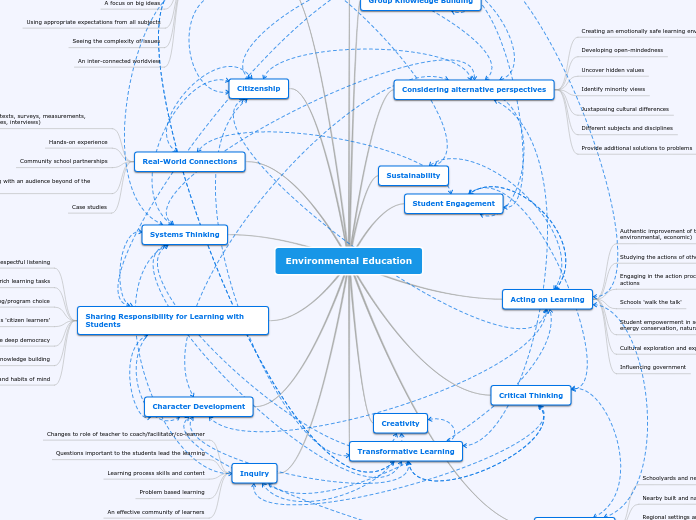DigCompEdu
Area 5: Empowering Learners
Teaching and Learning
3.4 Self-regulated Learning
I reckon we worked until around B1 to B2. As self-regulated learning revolves around enabling learners to plan, monitor, reflect on their own learning, provide evidence of progress, and share insights among others, we reached majority of the goals.
In this class, we were able to use digital technologies that allowed us to plan and document our progress such as blogs, diaries, and some planning tools. Although we have yet to, we will also work with audio and video recordings in our class vlog.
Given the gallery walk, we also learned how to showcase our work through our respective portfolios. The blogs also allowed us to take time to assess our learning.
Surely, as under B1, we were able to use digital technologies to record our process, showcase our work, and use it for self-assessment. As leaning towards to B2, we were able to use ePortfolios, blogs, diaries, and planning tools while reflecting on our criterias for self-assessment as we are able to see our progress and even look to our peers for healthy comparison.
B1: I encourage learners to use digital technologies to collect evidence and record progress, e.g. to produce audio or video recordings, photos, texts.
I use digital technologies (e.g. ePortfolios, learners’ blogs) to allow learners to record and showcase their work.
I use digital technologies for learner self-assessment.
B2: I use digital technologies or environments (e.g. ePortfolios, blogs, diaries, planning tools) to allow learners to manage and document all stages of their learning, e.g. for planning, information retrieval, documentation, reflection and self-assessment.
I help learners in developing, applying and revising suitable criteria for self-assessment, with the support of digital technologies.
3.3 Collaborative Learning
I believe we fall under B2 in terms of collaborative learning since we were introduced to a lot of websites and tools that enabled communication and sharing ideas through one channel. Examples of these channels include Google sheets and Mindomo.
I was able to implement activities (digitally) that encouraged collaborative learning in my classes. I learned how to utilise evaluation and assessment digitally, I experimented with new channels such as Deck.Toys and Symbaloo.
3.2 Guidance
I believe we worked between a B1 and B2 level because during the course our instructor used digital technologies like email to respond to learners’ questions or doubts and our use of the comments function of Google Docs during the Google Sheets Bloom's Taxonomy activity where we left real-time feedback on our classmates suggested activities (B1) as well as the capacity of Deck >Toys and Google Productivity software´ability to access version history to monitor students´ behavior and progress.
Integrator (B1)
-I use a common digital communication channel with my learners to respond to their questions and doubts.
-I am frequently in contact with learners and listen to
their problems and questions.
Expert (B2)
-I interact with learners in the collaborative digital
environments I use, monitoring their behaviour and
providing individual guidance and support as needed.
-I experiment with new forms and formats for offering
guidance and support, using digital technologies.
Guidance: To use digital technologies
and services to enhance the
interaction with learners,
individually and collectively,
within and outside the
learning session. To use
digital technologies to
offer timely and targeted
guidance and assistance.
To experiment with and
develop new forms and
formats for offering
guidance and support.
Subtopic
3.1 Teaching
I belive we are working at a B2 level. We have learned to intigrate various digital technologies and concider which settings they would be most appropriate. W have also learned how they can be applied for different methods. We have also learned to set up learning sessions in digital enviornments such as, deck toys.
B2
I consider appropriate social settings and interaction
modes when integrating digital technologies.
I use digital technologies in teaching to increase
methodological variation.
I set up learning sessions or other interactions in a
digital environment.
I consider appropriate social settings and interaction modes when integrating digital technologies. I use digital technologies in teaching to increase methodological variation. I set up learning sessions or other interactions in a digital environment.
Professional Engagement
1.4 Digital CPD
I think the class falls under A2 collectively because while we used the internet to update our pedagogical skills, we did not exactly use it to look for appropriate training courses
and other opportunities for professional development such as conferences.
I use the internet to update my subject-specific or pedagogical knowledge.
1.3 Reflective practice
(B1) I seek to improve and update my digital pedagogical
competence through experimentation and peer-learning.
I creatively experiment with and reflect on new
pedagogical approaches, enabled by digital
technologies.
We learn about different digital tools in class and we listen to the experience of our classmates in using them . We try to implement suggestions and good ideas coming from them. This is limited though, by how much autonomy we have in the classroom.
1.2 Professional collaboration
(C1) I use the insight and resources, generated in the
collaborative networks I belong to, to get feedback
on and improve my competences, and to expand my
repertoire of digital practices.
I remember during our first class where we had to make feedback on our teammates´ initial Wixes. Through that, I was able to hear what they thought could better improve mine.
1.1 Organisational communication
(B1) I believe most students are able to "select the most appropriate channel, format and style for a given communication purpose and context" (B2). However, I recognize that some students are still discovering the potential of digital tools and are still using the most basic functions of these resources (A2).
Hence, there is still a lot of room for improvement and a middle ground of B1 level more appropriately describes the class' competency in this area.
Area 6
6.1 - Information and Media Literacy
I think we worked in a B2 level because I didn't necessarily teach students how to do everything and they had to find solutions, especially for editing their WIX. We didn't bother however to dive deeper into how to cite sources, beyond Creative commons.
I implement learning activities in which learners use
digital technologies for information retrieval.
I teach learners how to find information, how to
assess its reliability, how to compare and combine
information from different sources.
Assessments
4.3 Feedback and Planning
I believe we operate at a B1 level, as we create presentations and assignments using digital tools. The ability to share, develop, and assign projects in the digital realm allows us to work together, but remotely. I believe B2 would involve using the tools more for computational data, which we have some experience with but not enough to be designated at that level.
"I use digital technology to grade and give feedback
on electronically submitted assignments.
I help students and/or parents to access information
on learners’ performance, using digital technologies."
Using digital tools such as Google Sheets and Documents gives us the ability to share and collaborate with students and teachers to give constructive feedback. Students can see real-time comments and edits, and with the ability to see edit history, we can go back and see what was changed, what works, and what isn't working.
Creating digital tools where other educators and give feedback and build upon what has been created up to that point provides is a great resource as it allows many perspectives to work on the same task
Students also can make use of the tool by having the ability to submit assignments electronically. No longer can the excuse of "my dog ate my homework" suffice. With the proper access to internet and tools, all students can work and submit their assignment from anywhere in the world.
4.2 -- Analyzing Evidence
I believe that in this class we worked at a B1 level with regards to analyzing evidence. In class, we learned about a number of tools and technologies that allowed us to see how our students were doing in the assessments. We then looked at how to analyze our students results in order to monitor their progress and organize assistance and feedback for our students.
We used online tools such as Blooket and Wordwall which allowed us to see the students progress throughout the learning experience. With these tools we were able to monitor their progress in real-time. We analyzed the students' development by utilizing technology tools.
B1 - I evaluate the data resulting from digital assessments
to inform learning and teaching.
I am aware that the data on my learners’ activity, as it
is recorded in the digital environments which I use with
them, can help me monitor their progress and provide
them with timely feedback and assistance.
Area 2









